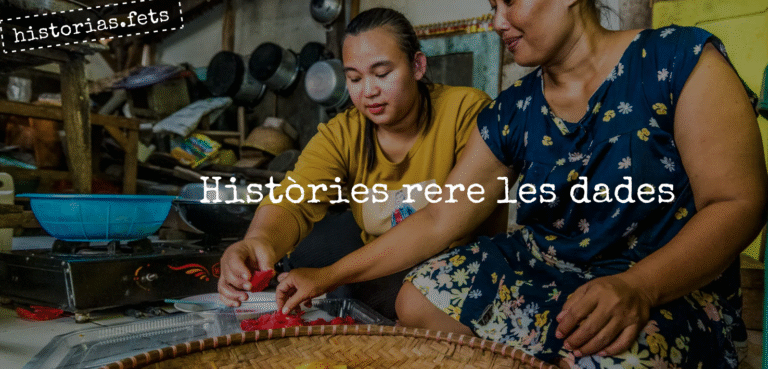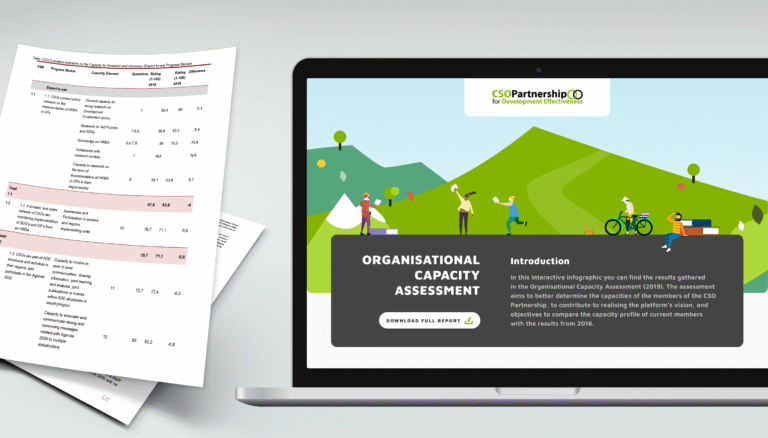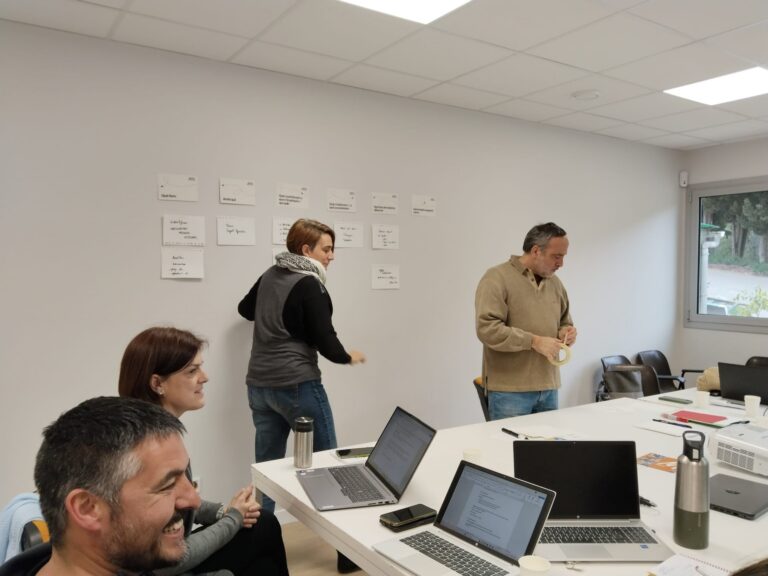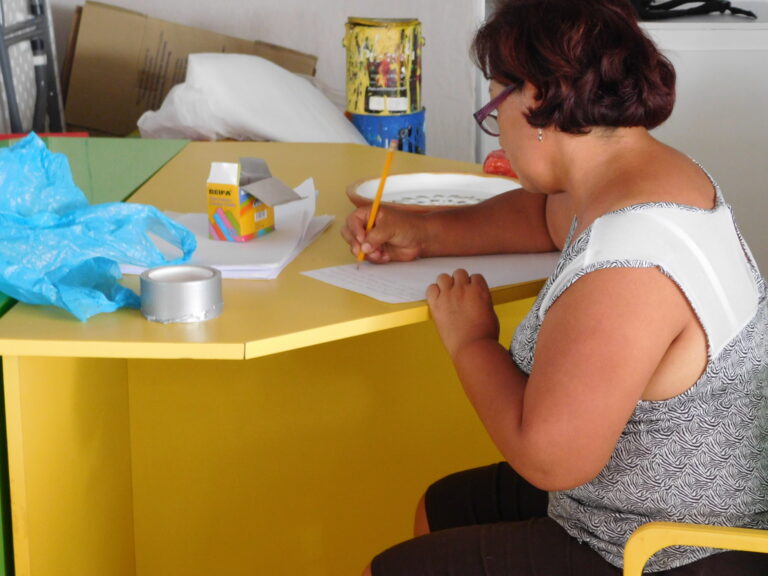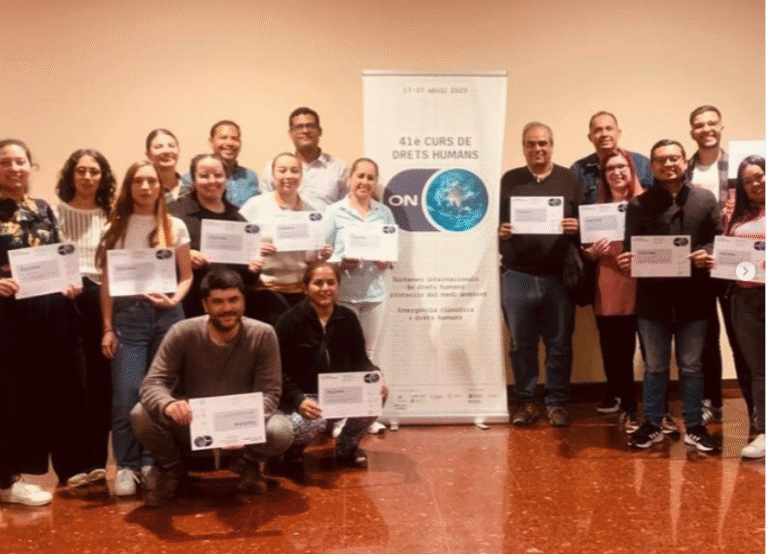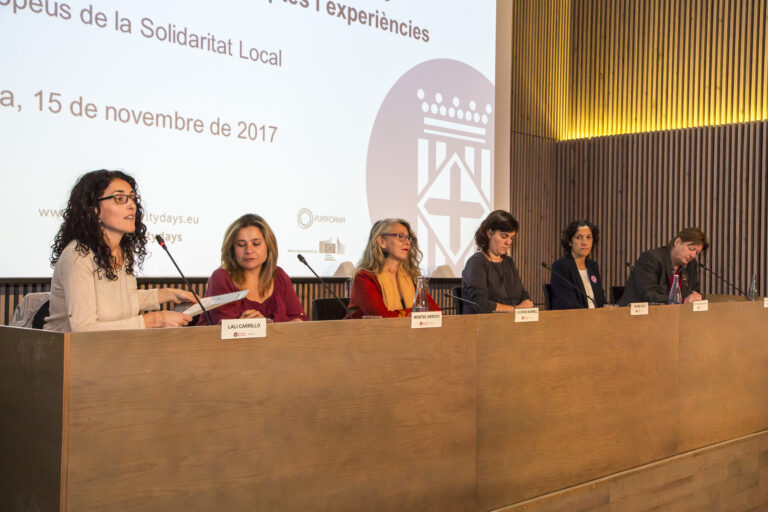Red de Mesoamericanas en resistencia por una vida digna / Mundubat
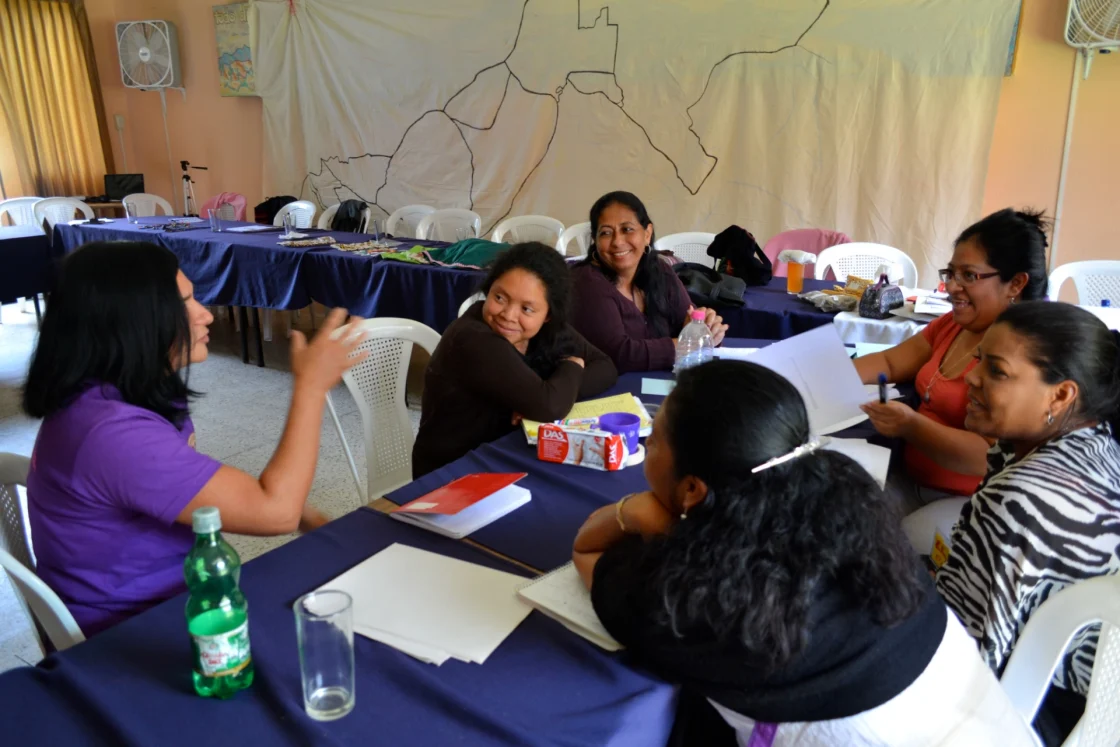
As part of the development education component of the AECID/Mundubat/Cooperacció agreement, UBORA produced a documentary that systematized the networked work of the Mesoamerican Women in Resistance Movement. This movement is composed of over 70 organizations across six countries in Mesoamerica, and it is articulated as a diverse, autonomous, and educational political space resisting neoliberal policies and the patriarchal system.
The Most Significant Change methodology was applied, allowing for deep reflection on the most meaningful changes in the history of the collective struggle of the Mesoamerican Women in Resistance, based on the lived experiences of the women who have led it. A working commission was formed and met over several months. A regional workshop was held in Guatemala, followed by local gatherings in the participating countries, all contributing to a collective reflection on the most important changes.
UBORA provided methodological support and facilitation, and later led the editing and direction of the documentary “Construcción de otra vida posible para las mujeres” (Building Another Possible Life for Women), along with 17 short videos highlighting the stories of key women leaders:
https://vimeo.com/cooperaccio
This work served to celebrate the movement’s most important milestones and to visually capture its most significant changes, sharing them with the broader feminist movement.
